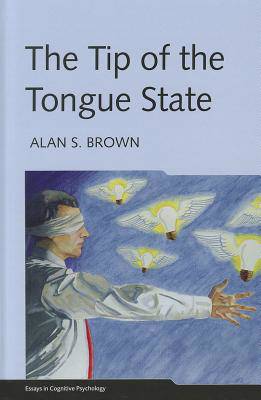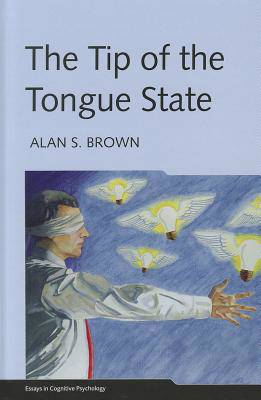
- Afhalen na 1 uur in een winkel met voorraad
- Gratis thuislevering in België vanaf € 30
- Ruim aanbod met 7 miljoen producten
- Afhalen na 1 uur in een winkel met voorraad
- Gratis thuislevering in België vanaf € 30
- Ruim aanbod met 7 miljoen producten
Omschrijving
This book brings together the body of empirical findings and theoretical interpretations of the tip of the tongue (TOT) experience - when a well-known or familiar word cannot immediately be recalled. Although research has been published on TOTs for over a century, the experience retains its fascination for both cognitive and linguistic researchers.
After a review of various research procedures used to study TOTs, the book offers a summary of attempts to manipulate this rare cognitive experience through cue and prime procedures. Various aspects of the inaccessible target word are frequently available - such as first letter and syllable number - even in the absence of actual retrieval, and the book explores the implications of these bits of target-word information for mechanisms for word storage and retrieval. It also examines: what characteristics of a word make it potentially more vulnerable to a TOT; why words related to the target word (called "interlopers") often come to mind; the recovery process, when the momentarily-inaccessible word is recovered shortly after the TOT is first experienced; and efforts to evaluate individual differences in the likelihood to experience TOTs.
Specificaties
Betrokkenen
- Auteur(s):
- Uitgeverij:
Inhoud
- Aantal bladzijden:
- 238
- Taal:
- Engels
- Reeks:
Eigenschappen
- Productcode (EAN):
- 9781841694443
- Verschijningsdatum:
- 19/07/2011
- Uitvoering:
- Hardcover
- Formaat:
- Ongenaaid / garenloos gebonden
- Afmetingen:
- 152 mm x 229 mm
- Gewicht:
- 521 g

Alleen bij Standaard Boekhandel
Beoordelingen
We publiceren alleen reviews die voldoen aan de voorwaarden voor reviews. Bekijk onze voorwaarden voor reviews.











